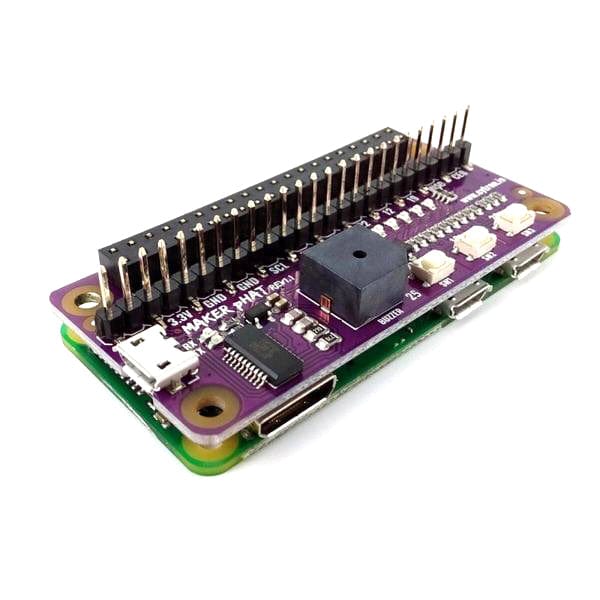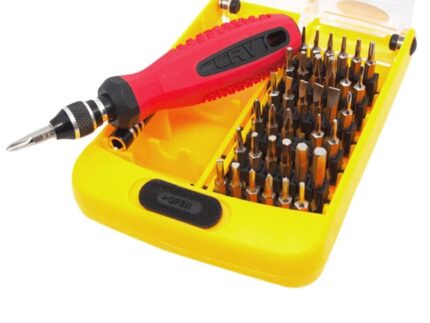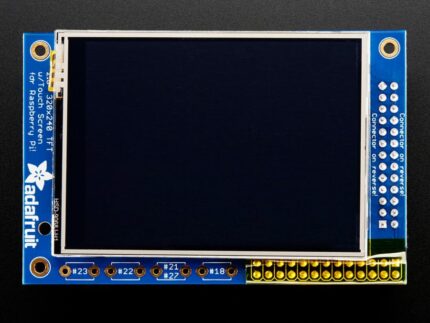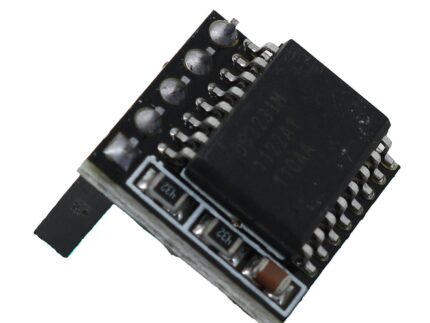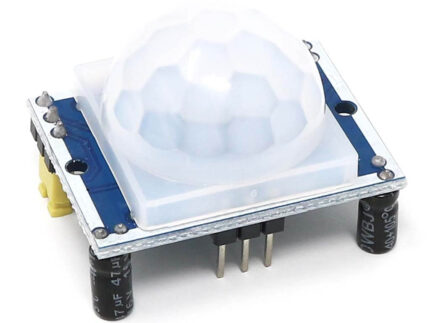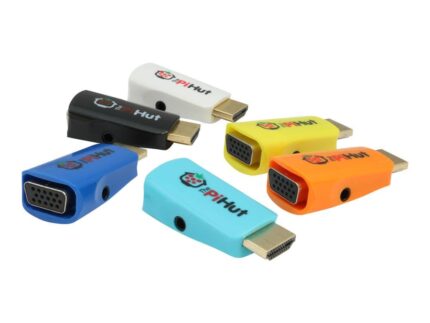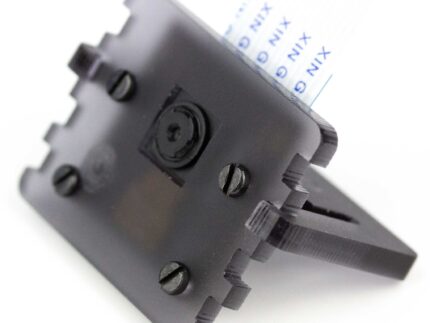Maker pHAT: Simplifying Raspberry Pi for Education
The Typical Problem Faced by Beginners in Learning Electronics on Raspberry Pi
- Hard to get started without additional devices (monitor, keyboard, and mouse). Beginners will either need to use additional devices or follow many steps just to get started. This may confuse them. For techies that want to know why, this is because it lacks an onboard USB to UART communication for your computer to get the IP address for SSH (headless), or to kick start configuration directly.
- Hard to get started with electronics. It doesn’t come with any inputs or outputs, you will need to connect additional accessories to use it. Most beginners do not have basic knowledge of electronics. They will have problem to understand the circuit diagram and connections needed when they first started learning. They will spend a substantial amount of time just to connect the wires and troubleshoot the connections.
- Hard to troubleshoot the GPIO. With just the raspberry pi, beginners face a common problem when learning electronics- difficulty in troubleshooting their circuit. This is because when it doesn’t work, we do not know whether the problem is due to wire connection or coding.
- Access to GPIO is kind of difficult. There is no label on the pins, you need to search online to get the designated pin and know which pin to connect. For beginners, this definitely will make it harder for them to make the connection correctly.
- No easy way to properly shutdown using a switch. There is no programmable push button to enable proper shutdown through hardware. If the beginner turns off the power without properly shutting it down, the raspberry pi may not work the next time.
Introducing Our Solution: Maker pHAT
Maker pHAT solves all these. It is designed to:
- Simplify to get started with Raspberry Pi without additional monitor, keyboard or mouse (Headless). Go headless with a few simple steps as it enables users to remote access Raspberry Pi through serial.
- Simplify learning electronics. Beginners can skip the hassle of constructing the basic electronic circuit which is boring and time-consuming. Although it is equally important for them to learn about basic electronics, it can always come later after they have experienced how easy it is to create an awesome project. Start with fun and excitement. Start coding right away and see your board lights up and plays sound with the press of a button. It comes with onboard LEDs, pushbuttons and buzzer to easily learn how to control input and output. No messy wiring needed and no additional components needed.
- Simplify troubleshooting and prototyping. Not only do the onboard LEDs work as outputs, they can also act as indicators, clearly showing what’s happening on that pin. When the pin is used as input, you can clearly see whether the signal is received by just looking at changes on the LEDs. The pre-soldered header pins come with nice labels. This helps the user to easily connect inputs and outputs to the right pins. This will further assist them in interfacing with sensors and actuators.
- Simplify proper shutdown using pushbutton. You can easily follow the steps and choose one of the pushbutton as the power button to properly shutdown the Raspberry Pi. Just press the button and it will shut down.
Maker pHAT for Raspberry Pi
Maker pHAT is designed to be the same size as Raspberry Pi Zero board, it stacks perfectly on top of Rpi Zero with the four mounting holes aligned. (What is a HAT? Read this to know more) We do advise getting Raspberry Pi Zero WH (pre-solder header pin) for beginner because it is not an easy work to solder the 40-pin GPIO, not to forget you need to have the soldering tools too.
Features:
- Raspberry Pi Zero size, stack perfectly on to Pi Zero Series of SBC (Single Board Computer).
- Compatible with standard size Raspberry Pi 3B/3B+/4B1GB/4B2GB/4B4GB, medium size Raspberry Pi 3A+ and smaller size Raspberry Pi Zero/W/WH.
- Standard Raspberry Pi GPIO footprint.
- LED array for selected GPIO pins (GPIO 17, 18, 27, 22, 25, 12, 13, 19).
- 3x on board programmable push buttons (GPIO 21, 19 and 20, need to configure as input pull up).
- Onboard active buzzer (GPIO 26).
- Proper label for all GPIOs, including SPI, UART, I2C, 5V, 3.3V, and GND.
- Utilize USB Micro-B socket for 5V input and USB to UART communication.
- USB serial facilitated by the CH340, Rev1.10 uses FT231X as the USB to UART
- Input voltage: USB 5V, from the computer, power bank or standard USB adapter.
- PURPLE PCB!
Documents/Tutorials:
- User’s Manual
- Schematic Rev1.00 (pdf)
- Schematic Rev1.10 (pdf)
- Sample Python Code (Github)
- CH340 Driver (Windows)
- CH340 Driver (MacOS)
- CH340 Driver (Linux) – Pre-installed
- FT231X Driver on Rev1.10 (Windows, Linux and macOS)
- PuTTY – For serial terminal
- Raspberry Pi: Mengawal LED di Maker pHAT
Packing List:
- 1 x Maker pHAT
- 1 x 2×20 Stacking Header
